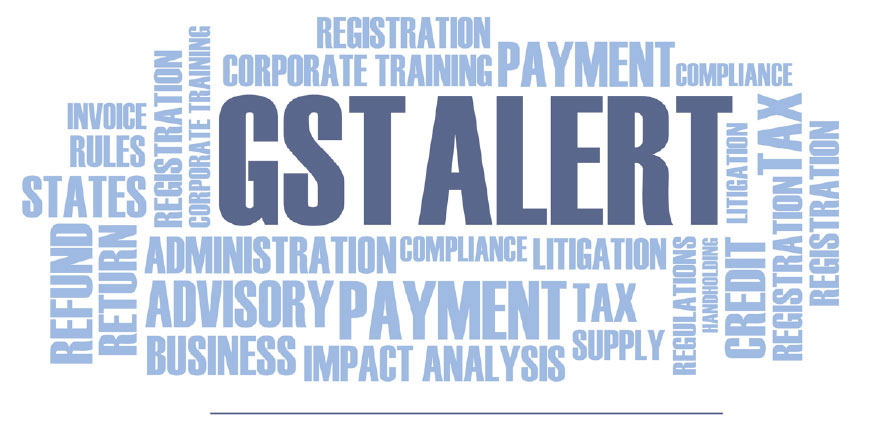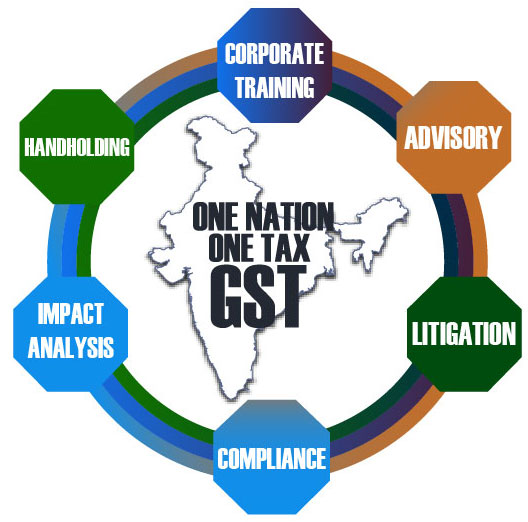Dated 14th September, 2020

Delhi High Court dismissed writ, not to interfere the policy decision of the Government of India.
A petition has been filed by a social activist before the Delhi High Court challenging the Central Government’s order to exclude masks and sanitizers from the essential commodity list. The court observed that what items are to included under the Essential Commodities Act,1955 as “Essential Commodity”, is a policy decision solely based on Government (herein after called Respondent). Further, it is to be noted that the rate of tax cannot be challenged in a Court of law unless it abundantly confiscatory in nature.
Submission on behalf of the Petitioner
Petitionerhere, preferred the respondent to extend the notification2 by Ministry of Consumer Affairs, Food and Public Distribution and also fix the retail prices of the above said product. The petitioner also demanded an appropriate writ in nature of Mandamus, directions of like nature directing the Respondents to reduce the GST Rate of 18% on alcohol based sanitizers to either 5% or 12% or such other and further orders or directions as the Hon’ble Court may deem fit and which is deemed proper in the fact and circumstances of the case.
Submission by the Respondent
Inclusion of commodities in the list of “Essential Commodities” under the Essential Commodities Act 1955 is a complex decision based upon varieties of factors such as availability, price etc. Moreover, the aforesaid notification dated 21st March,2020 has not been extended beyond 30th June,2020 as. In the opinion of the Government, masks and sanitizers are now easily available and there is no need to control such commodities or regulate supply of these commodities. Thus a conscious decision has been taken by the respondent not to extend the notification dated 21st March 2020 beyond 30th June 2020.
The petitioner has also not brought any material on record to demonstrate that the basis for the decision of the respondents is erroneous in any manner. In fact, the learned counsel for the petitioner specifically accepted that these commodities are now generally available.
Judgment of Honorable Delhi High Court
It was held that the above said commodities are now generally available in the market. The submission by the petitioner that in the absence of regulation, the manufacturer and traders may take advantage of the situation is a conjecture which is not supported by the any materials, hence cannot be used to characterize the decision of the respondent unless there is a cogent need for regulation, it cannot be said that normally the items should be included under the Essential Commodities Act 1955. Such regulation of commodities based on conjectures is also not required.
It was also held that in case of reduction of the rate of GST on masks and sanitizers, it ought to be kept in mind that the rate of tax cannot be challenged in a Court of law unless it is abundantly confiscatory in nature. In the present case, nothing has been argued out about how the present rate of GST is confiscatory in law. Merely, because the petitioner feels that the GST rate applied on masks and sanitizers is excessive, this cannot be a reason for issuing any writ of mandamus and direct the respondents to reduce tax on the said commodities.
Further, it was also held that items are to be included under the Essential Commodities Act, 1955 as Essential Commodity, is a policy decision of the respondent/Government and, therefore, unless the decision can be shown to be manifestly unreasonable or arbitrary, this Court will be extremely slow in interfering with the policy decision of the Government.
Our view
From the above discussion we can conclude that unless a cogent reason is given by the petitioner to prove that there must be rate change by the Government. The already published notification cannot be changed solely on the fact that a single person is of the opinion that a specific rate or notification is not for the benefit of the customers. As a result, High Court dismissed the plea to include masks and sanitizers in Essential Commodity list.
Therefore from the above case, which relates to reduction of rate of GST on masks and sanitizers, it ought to be kept in mind that the rate of tax cannot be challenged in a Court of law unless it is abundantly confiscatory in nature. Further, the item to be included in essential commodity list is a policy decision of the government and the court will not interfere with the same unless it is arbitrary in nature.
1 GauravYadav& ANR Vs Union of India (2020-TIOL-1371-HC-DEL-GST)
1 Notification dated 21/03/2020

BT Associates is a premier indirect tax consultant in kolkata, delivering high quality services to client in the area of indirect taxation.GST idea is a unit of BT Associates formed to share knowledge on stakeholders. We cover entire gamut from technical papers to recent development including IT under GST


-
Founder Member
- Bhaskar Thakkar
- Chief Executive officer
- BT Associates, India
- thakkar@btassociate.com
BT Associates is a premier indirect tax consultant in kolkata, delivering high quality services to client in the area of indirect taxation.GST idea is a unit of BT Associates formed to share knowledge on stakeholders. We cover entire gamut from technical papers to recent development including IT under GST






